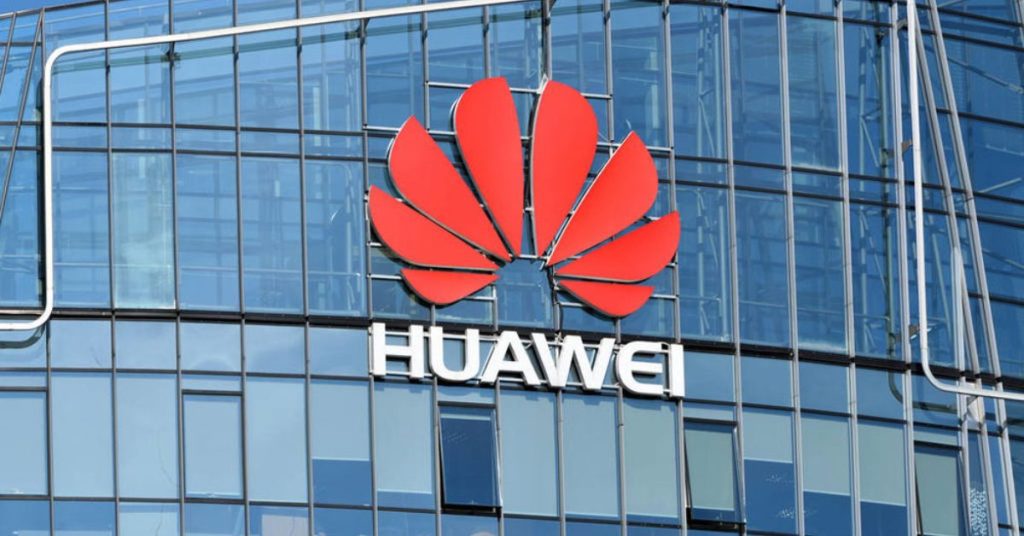Chinese tech giant Huawei has significantly reduced its public and government relations teams in the US and Canada, according to a report by Nikkei Asia.
The move comes after five years of US sanctions imposed by the Trump administration over national security concerns related to Huawei’s telecommunications and IT equipment.
In response to the initial sanctions, Huawei had bolstered its public and government relations efforts in North America to counter negative perceptions among policymakers.

However, according to Nikkei Asia, the company has recently downsized these teams, with several employees let go, including some with a decade of tenure. This suggests that Huawei’s hopes of changing US policy may have dwindled by now. The company is instead focusing on other markets now, particularly in mainland China.
Huawei’s efforts to lobby and influence US policy included hiring veteran lobbyist Tony Podesta and three lobbying firms in 2021. The team also played a role in securing the release of Huawei’s chief financial officer, Wanzhou Meng, who was arrested in Canada at the request of US authorities.
With Meng back in China and the legal case against her concluded, Huawei appears to be accepting the reality of limited US engagement. The company is now turning its attention to its data center infrastructure business for growth in 2024, as reported by The Register.
Additionally, Huawei continues to find markets for its telecommunications equipment outside of Europe, with countries like Malaysia showing interest.
On the home front, Huawei has achieved success with its Mate 60 Pro smartphone, making it the fastest-growing smartphone brand in China during Q3 2023. This success challenges Apple’s iPhone dominance in the premium smartphone segment.
The Mate 60 Pro generated buzz upon its release due to its purportedly in-house developed 7nm system-on-chip, a feat many doubted Chinese companies like Huawei could accomplish.
Related:
- Huawei’s 5nm Kirin 9006C chip is made by TSMC, not SMIC
- Possible Huawei P70 design leaked, unofficial pre-orders begins in China
- Xiaomi Band 8 Genshin Impact custom edion get a huge discount.
- Unlock Savings: Discount on Every Giztop Product under the New Year Sale Extravaganza
- Big Discount: AOOSTAR R1 N100 NAS Mini PC Only For $159
- Best Smartphones Awards 2023 – Gizmochina
(Via)







